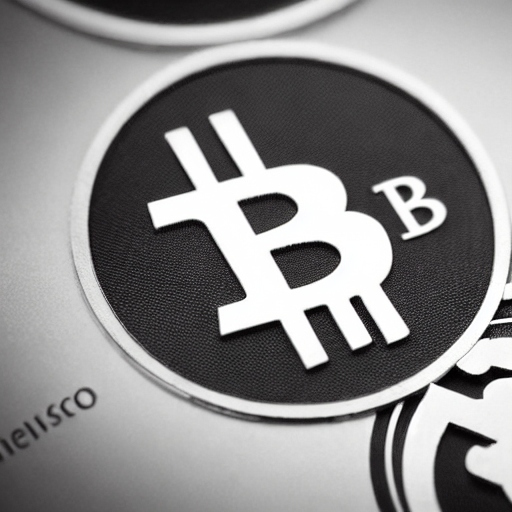The cryptocurrency business is under attack from all sides.
The collapse of Sam Bankman-Fried’s comic book company, which was then the face of the industry with lawmakers, produced an unexpected earthquake last November.
Cryptocurrency exchange FTX, which was still valued at $32 billion in February 2022, and its sister business, Alameda Research, declared bankruptcy after failing to meet customer withdrawal demands.
SBF, as Bankman-Fried was nicknamed in the crypto sphere, played a significant part in causing the bankruptcy of other major firms such as BlockFi.
This earthquake also provided impetus for authorities, particularly the SEC, to start an unprecedented offensive to bring the crypto business to heel. Since then, the SEC has filed complaints or initiated enforcement procedures against other cryptocurrency firms. The government agency specifically targets token definitions.
Except for bitcoin, the SEC has stated that most cryptocurrencies and crypto-related items are securities, giving the regulator significant control over the business.
Fight for Coins
The issue is that, while SEC Chairman Gary Gensler has made pronouncements concerning cryptocurrencies in interviews and legislative hearings, his staff have failed to develop a legal framework that clearly specifies that coins are securities.
According to the agency, a security is a monetary investment in a shared enterprise with a realistic expectation of return obtained from the labour of others.
The SEC wishes to use a 1946 Supreme Court decision known as the Howey Test, which defines what an investment contract is and, as such, is subject to US securities laws. An investment contract exists when money is invested with the expectation of profit.
Cryptocurrency coins, also known as tokens, have not been deemed securities. This implies they are exempt from severe regulatory oversight and are not subject to the same financial transparency and disclosure regulations as, say, stock in a firm. The coin/token listing process is also less stringent than that of securities.
On June 5, the Securities and Exchange Commission (SEC) announced that it had filed a complaint against Binance and its CEO and co-founder Changpeng Zhao. The federal regulator accuses them of misusing client cash and misrepresenting to regulators in order to avoid US regulations.
According to SEC Chairman Gary Gensler, through thirteen allegations, they allege that Zhao and Binance entities engaged in a complex web of dishonesty, conflicts of interest, lack of disclosure, and purposeful breaking of the law. According to the allegations, Zhao and Binance aggressively concealed who was running the platform while deceiving investors about their risk controls and tainted trading volumes.
Zhao and Binance refute the allegations.
The company stated in a statement that all user assets on Binance and Binance affiliate platforms, including Binance.US, are safe and secure and that it will strongly contest any claims to the contrary.
Chokepoint
The majority of cryptocurrency players are coming together in an unprecedented show of unity to support Binance and its CEO.
Justin Sun, a cryptocurrency entrepreneur, wrote on Twitter that wanted to take a moment to express his unwavering support for Zhao. He trusts him and has faith in his integrity because he is one of his friends.
According to Charles Hoskinson, co-founder of the Ethereum blockchain and Cardano, two of the most prominent and promising platforms in the cryptocurrency sector, despite its lengthy 130-page nature, it appears to be the next step in implementing chokepoint 2.0 in the United States.
According to cryptocurrency entrepreneur Ben Todar, the #SEC’s attack on #Binance not only threatens the independence and innovation of cryptocurrencies but also raises questions about its potential use by conventional banks as a tool to hinder the development of digital currencies.
The SEC complaint is seen by many cryptocurrency participants as a criticism of the entire sector. They interpret it as the regulator’s intention to terroriZe businesses—known for their mistrust of the government—in order to strengthen its grip on power. So it appears that their support for Binance is a message to the SEC that they won’t let it go.
However, experts believe the SEC case does not portend well for the cryptocurrency sector.
According to Rajeev Bamra, SVP, DFDA, Moody’s Investors Service, these charges could significantly pressure the cryptofinance ecosystem to change its practices. This pressure would be especially strong in combination with Congress’ ongoing efforts to shape the regulatory landscape for digital assets.








